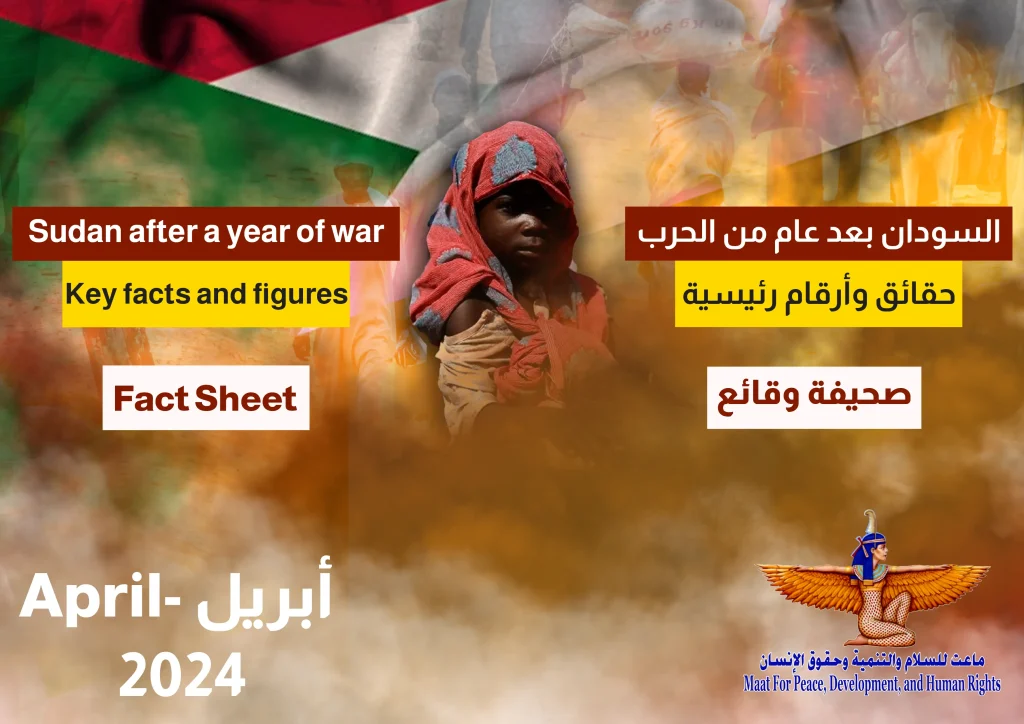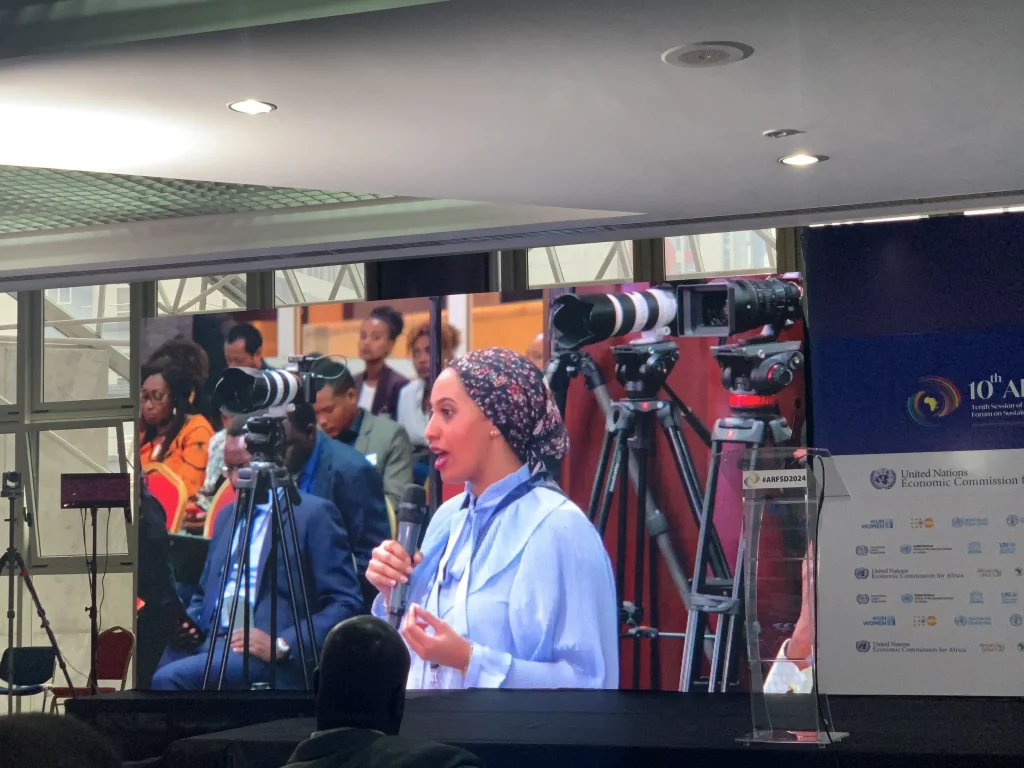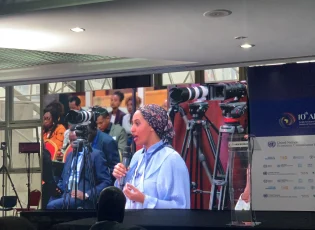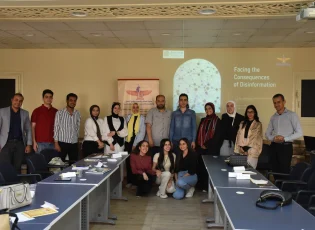Human rights obligations related to access to clean drinking water and safe sanitation require their availability and facilitation of access to them at the lowest cost and best possible quality, and these obligations must be guaranteed in a manner that does not have any discrimination, whether intended or unintended, and within the framework of its belief in the centrality of the role of these services in the system. Economic and social rights, Maat Foundation for Peace, Development and Human Rights issued a report on the human rights situation associated with these services in the centers of Al-Ayyat and Atfih, which recently swung administratively from the subordination to Giza governorate and then to the governorates of Sixth of October and Helwan, then finally returning to Giza. The report came under the title “Human rights conditions related to access to drinking water and sanitation - a human rights vision, with a focus on“ Atfih ”and“ Al Ayyat ”centers. The report comes in the context of the institution’s start of implementing the project“ Supporting access to economic and social rights ”Tamkeen. Which is implemented in cooperation with the French Cultural Center in Cairo. The report presented the legal and legislative reference related to citizens' access to clean drinking water and safe sanitation services, according to what is contained in international human rights instruments, the Constitution of (1971) that was recently suspended and some related laws, then it dealt with an overview of drinking water conditions. And sanitation in Egypt and the most important challenges facing this sector, after that he presented a relatively detailed description of the areas targeted by the report and the conditions of the right to access to clean drinking water and safe sanitation in them, and the report came out with some recommendations that should be taken in the future to improve the degree of fulfillment of these rights. The report revealed that one of the most important problems related to drinking water in Egypt is its pollution due to the mixing of drinking water with sewage water, industrial wastes, or chemicals used in agriculture such as pesticides and fertilizers, with some areas in Egypt still suffering from water scarcity and of good quality for drinking and use. According to the results of public meetings conducted by the Foundation with citizens in the targeted areas, the report referred to the transformation of “Jerkan” and “Fintas” to the main source of water in many Egyptian cities after the problem of scarcity of good water spread in Egypt and this problem became present in most of Governorates of Egypt, where people rush to buy water from cars that roam these cities to sell water in jerry cans, and the price of a jerry can have reached 5 pounds in some areas, and many citizens said that the water is draining approximately 25% of their monthly salaries. On the level of sanitation services, the report revealed that the largest proportion of the population in Egypt is deprived of safe sanitation services. More than half of Egyptian families, and nearly three quarters of the buildings are not connected to a public sewage network, and hence the main violation of citizens' rights with regard to enjoyment Sanitation services come from not connecting the service. The report pointed to the most important challenges facing the realization of this right in Egypt, including the inadequacy of the legislative framework regulating the water and sanitation sector in Egypt, the diminishing per capita share of available water, in addition to the high cost of investments required in this sector. With regard to the targeted areas, the report indicated that the citizens of Al-Ayyat city suffer from disruption of the sewage project and an increase in sewage overflow rates, which led to the spread of diseases and insects, especially with citizens throwing garbage in the wastewater, and the unpleasant odors have led to Al-Ayyat streets due to the garbage And the sewage has led to the spread of mosquitoes in an epidemic manner, as the report revealed another set of violations in Al-Ayyat center, the most important of which is the sewage-clearing vehicles dumping their waste into the canals and drains, and the mixing of sewage pits with groundwater that the people depend on by using Abyssinian pumps. The report has complaints from Kafr al-Rifa’i village, Izbt al-Tabout and Madkour, which are affiliated with al-Ayyat center, that there are entire streets that have not yet reached clean water and depend on fetching drinking water from other homes. Drinking water, as there is one desalination plant in the city of Taham that serves dozens of villages, which causes the water not to reach many areas. As for Atfih, the water problem is, uh, A- The problems that the residents of Atfih Center have been suffering from for years without any serious government intervention to solve them, as the center suffers from a shortage of drinking water and a semi-permanent interruption of it, and the lack of a drinking water purification plant, which pushes citizens to buy water at a daily cost that exceeds their ability to continue bearing it. The report is a tragic phenomenon experienced by the people of some villages in Atfih, which is represented by the rise in the water table and its flooding of the villages due to the lack of a sanitation project. Among the villages that suffer from this problem the most are Al-Qababat and Musa Mosque. The report recommended the need for the government to adhere to a specific timeframe for the completion of the suspended drinking water and sanitation projects and to provide adequate financial funds for that, and to provide the appropriate legislative framework to confront negligence in the installation and maintenance of water and sanitation networks, and to expedite the issuance of the law on organizing the drinking water sector and the quality of water services Sanitation, and the adoption of a community-based mechanism to monitor the implementation of quality standards that will be contained in the law. The report also called for expanding the powers of the Drinking Water and Sanitation Regulatory Agency, consumer protection and provision of the independence needed for it, working for a kind of effective popular oversight and participation in managing drinking water and sanitation facilities, and giving priority to sanitation projects for areas suffering from a rise in groundwater levels.
Set reading font size











